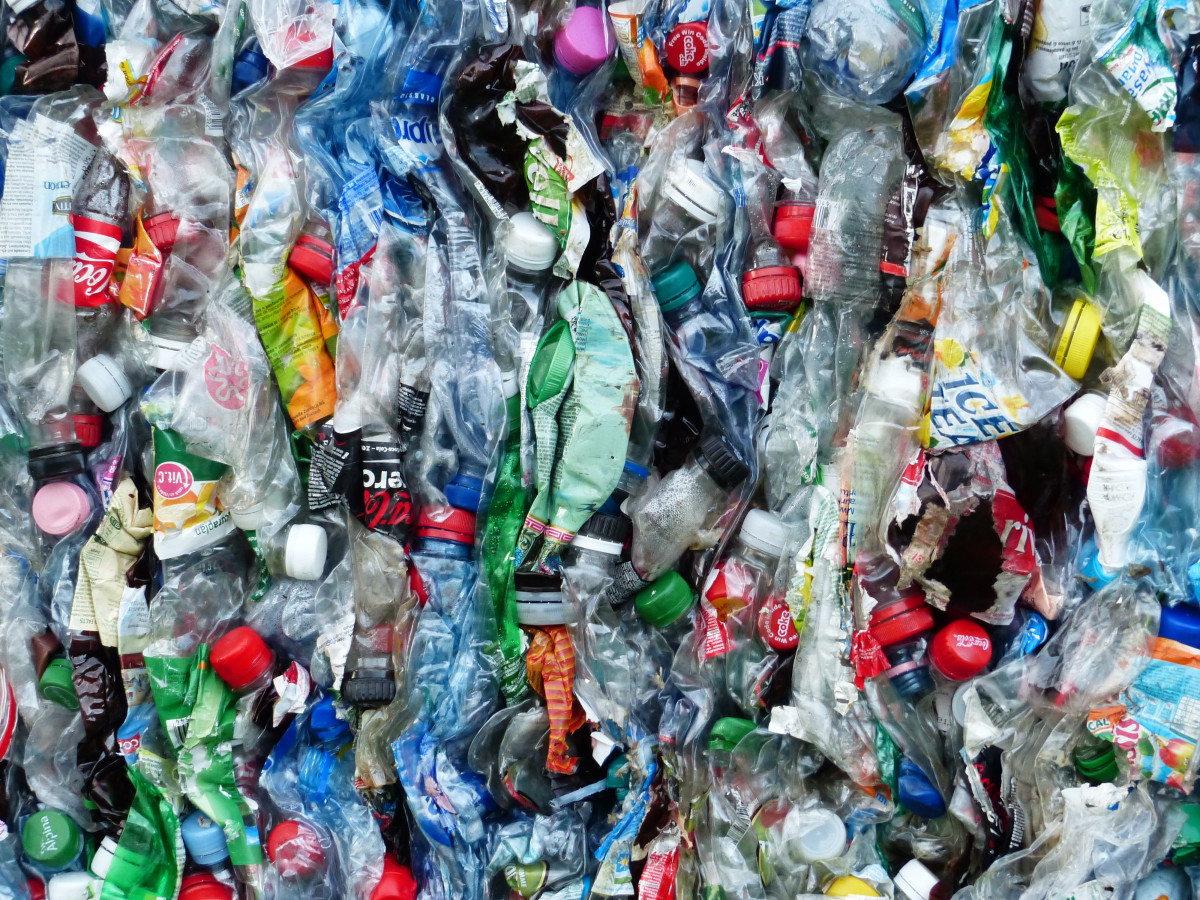The “Cities and Territories Without Endocrine Disruptors” Charter signed on December 11, 2021, by Christian Estrosi and André Cicolella, president of the Health Environment Network (RES), initiated the fight against the epidemic of chronic diseases.
Phthalates belong to the large family of endocrine disruptors. These substances affect the hormonal functioning of living organisms. They cause particularly harmful effects on health as well as on the environment. They can be found in water and food. Indeed, plastic food packaging is particularly laden with endocrine disruptors. Additionally, contamination of agricultural soils or hormonal residues in meat facilitate the migration of endocrine disruptors. It should also be noted that cosmetics and air carry these substances.
As for phthalates, it is food that contributes to 90% (Santé Publique France) of total exposure. Furthermore, these endocrine disruptors are classified as “toxic substances for reproduction.” Indeed, the male reproductive system and thyroid function seem to be primarily affected.
At the national level, various measures help limit exposure to endocrine disruptors. Zero plastic in collective catering focuses on plastic packaging, which contains endocrine disruptors. Additionally, banning the use of certain plant protection and biocidal products, as well as promoting labeled cleaning products, are preventive measures.
Nice, pilot city of the phthalates prevention campaign
This prevention campaign will be launched in early November. The city of Nice presents itself as a pilot city for these prevention actions. The objective is to extend this campaign to the entire national territory. The city suggests some simple habits for prevention to rapidly reduce the body’s exposure:
- Reduce the consumption of ultra-processed industrial foods
- Avoid plastic food packaging
- Prefer glass or ceramic for heating food
- Choose cosmetics more carefully
- Ventilate the home for 10 minutes a day to eliminate particles


